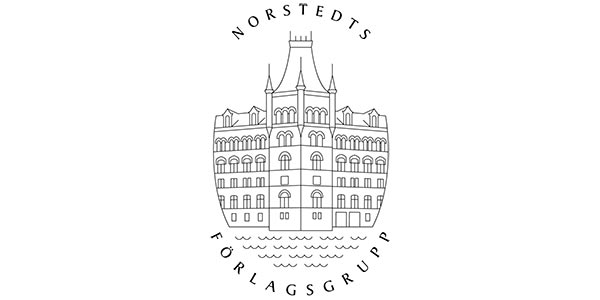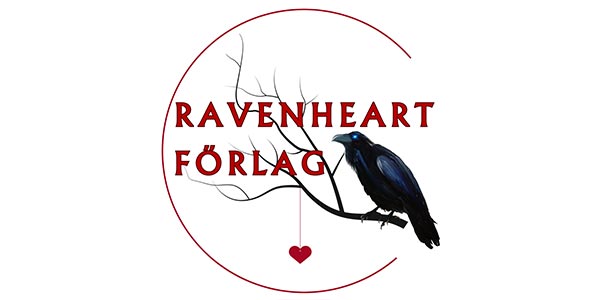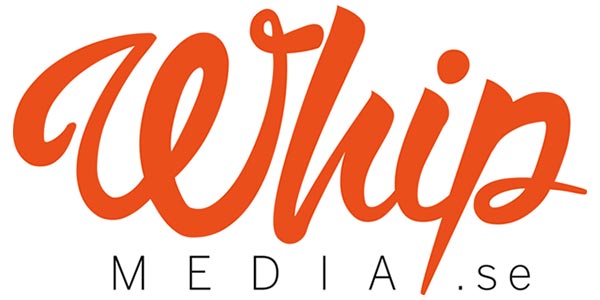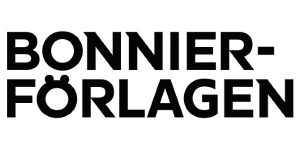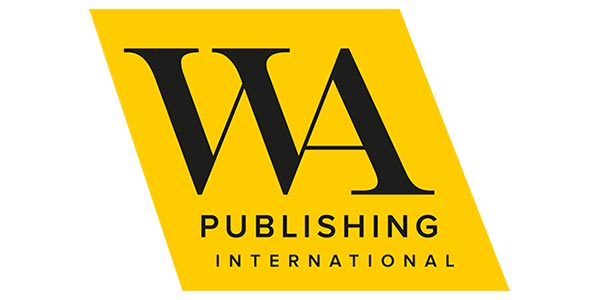
Corpus Nummorum, 4. Blekinge 1 : Catalogue of Coins from the Viking Age found in Sweden

| Författare | |
|---|---|
| Förlag | Kungl. Vitterhetsakademien |
| Genre | Historia och arkeologi |
| Format | Inbunden |
| Språk | Engelska |
| Antal sidor | 311 |
| Vikt | 0 |
| Utgiven | 2010-12-22 |
| SAB | Kyh.33 |
| ISBN | 9789174023930 |
Bräkne-Hoby - Sölvesborg.
I de första åtta volymerna i CNS-serien har fynd i Sverige med 51 417 vikingatida mynt av totalt ca 252 000 mynt publicerats. Den nionde volymen beskriver de 6 280 mynt som hittats i Blekinge. Under perioden ca 800-990 är det nästan uteslutande islamiska mynt. Därefter är det främst tyska och engelska mynt, men även t.ex. svenska från Olof Skötkonung och Anund Jakob, fram till den yngsta skatten, Johannishus, som är nedlagd efter 1120. Den är den största bevarade skatten i Sverige med tyska mynt, 4 821 ex., varav många är unika och aldrig tidigare beskrivna. Mynten funna i Blekinge är framförallt ett resultat av internationella handelskontakter och de är präglade i Spanien i väster bort till Uzbekistan i öster. Myntfynden kan, som få andra källmaterial , visa vikingatidens internationella karaktär. De kan även belysa andra frågor, t.ex. hur Blekinge efterhand införlivades i det danska riket.
In the first eight volumes of the CNS-series finds with 51.417 coins from the Viking Age have been published out of a total of c. 252.000. The ninth volume describes 6.280 coins found in the province of Blekinge. During the period c. 800-990 the coins are almost exclusively Islamic. From then on the coins are mainly German and English, as well as for example some Swedish from Olof Skötkonung and Anund Jakob, up to the youngest hoard, Johannishus, deposited after 1120. It is the largest preserved hoard from Sweden with German coins, 4.821, of which many are unique and previously never published. The coins found in Blekinge are above all a result of trading contacts with coins from Spain in the west and all the way to Uzbekistan in the east. The coin finds can, as few other source materials, illustrate the international character of the Viking Age. They can also show other aspects, like how Blekinge gradually became part of the Danish kingdom.





